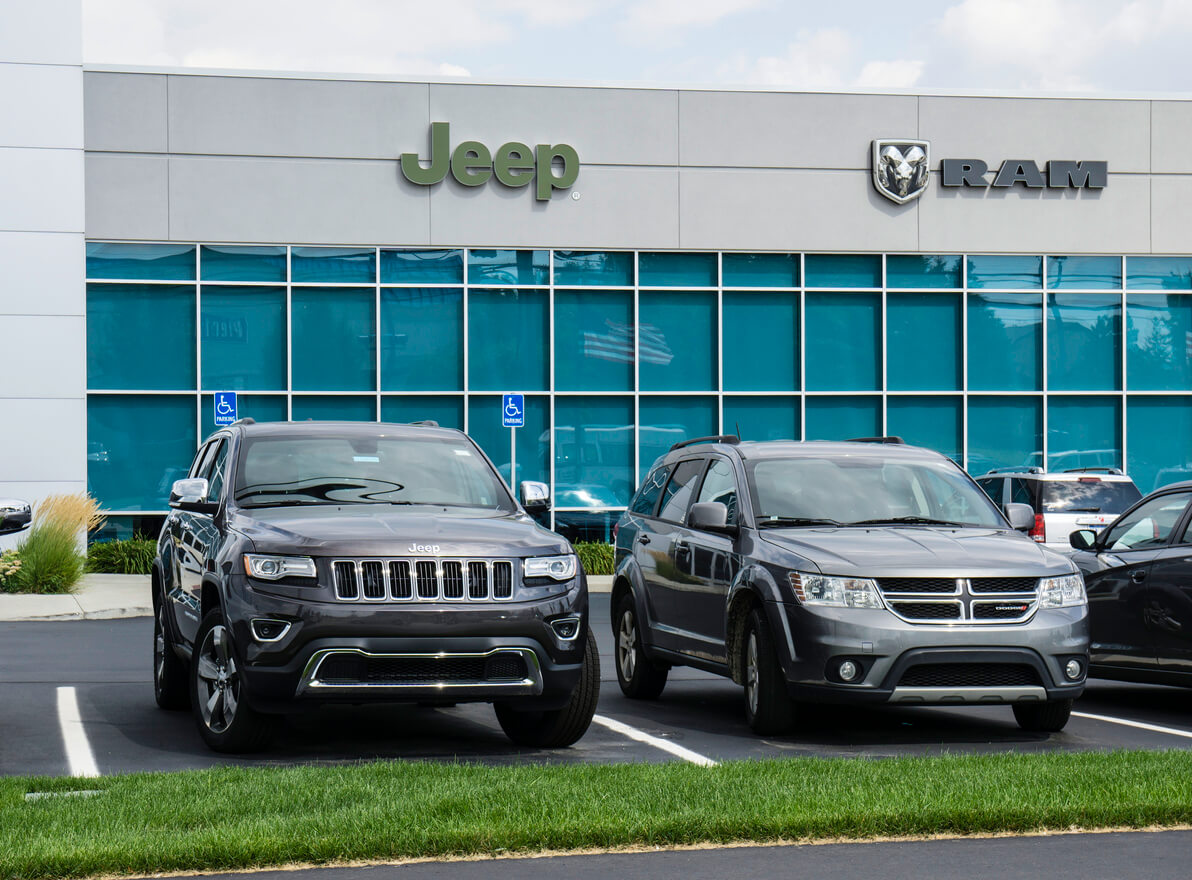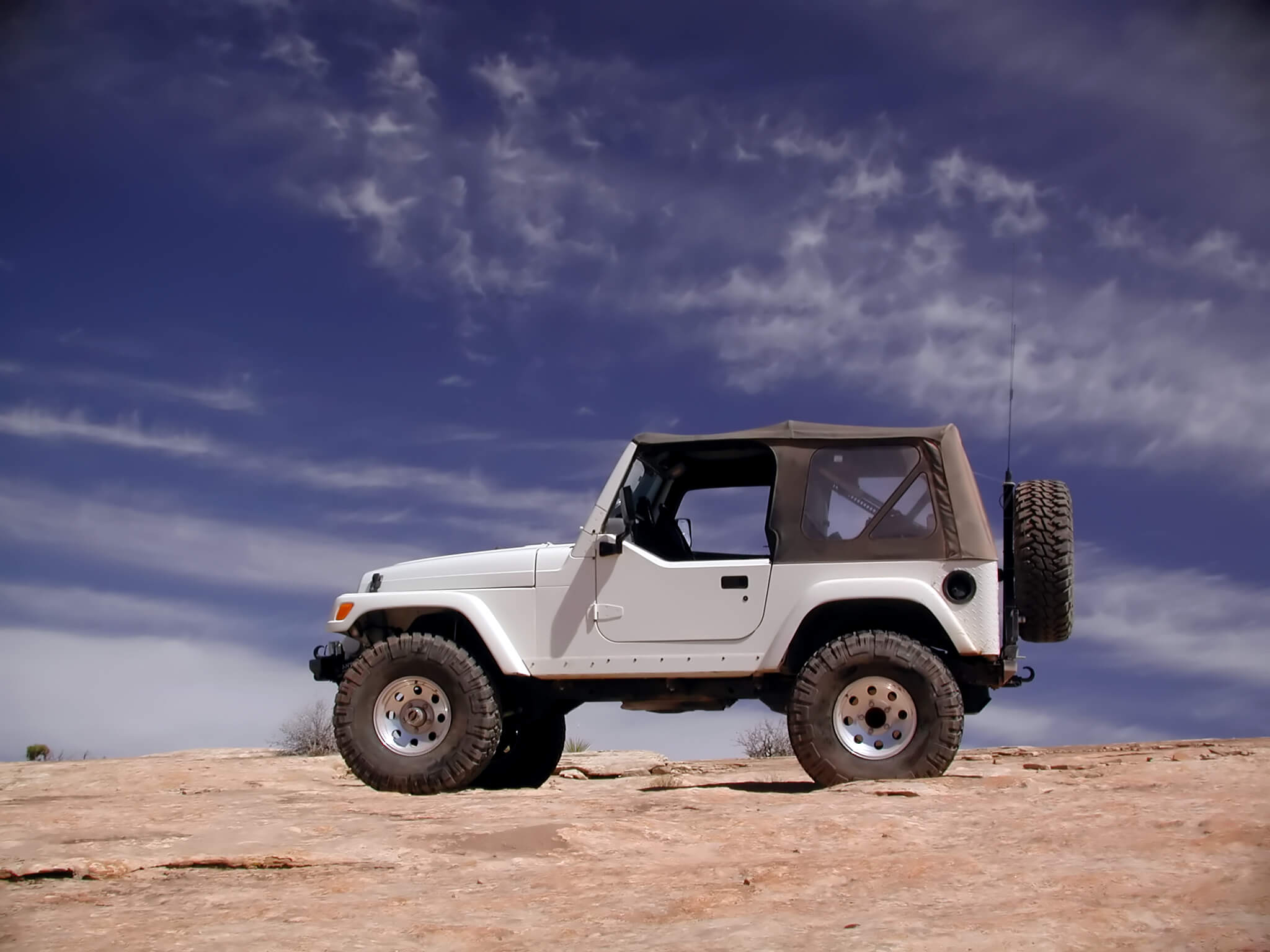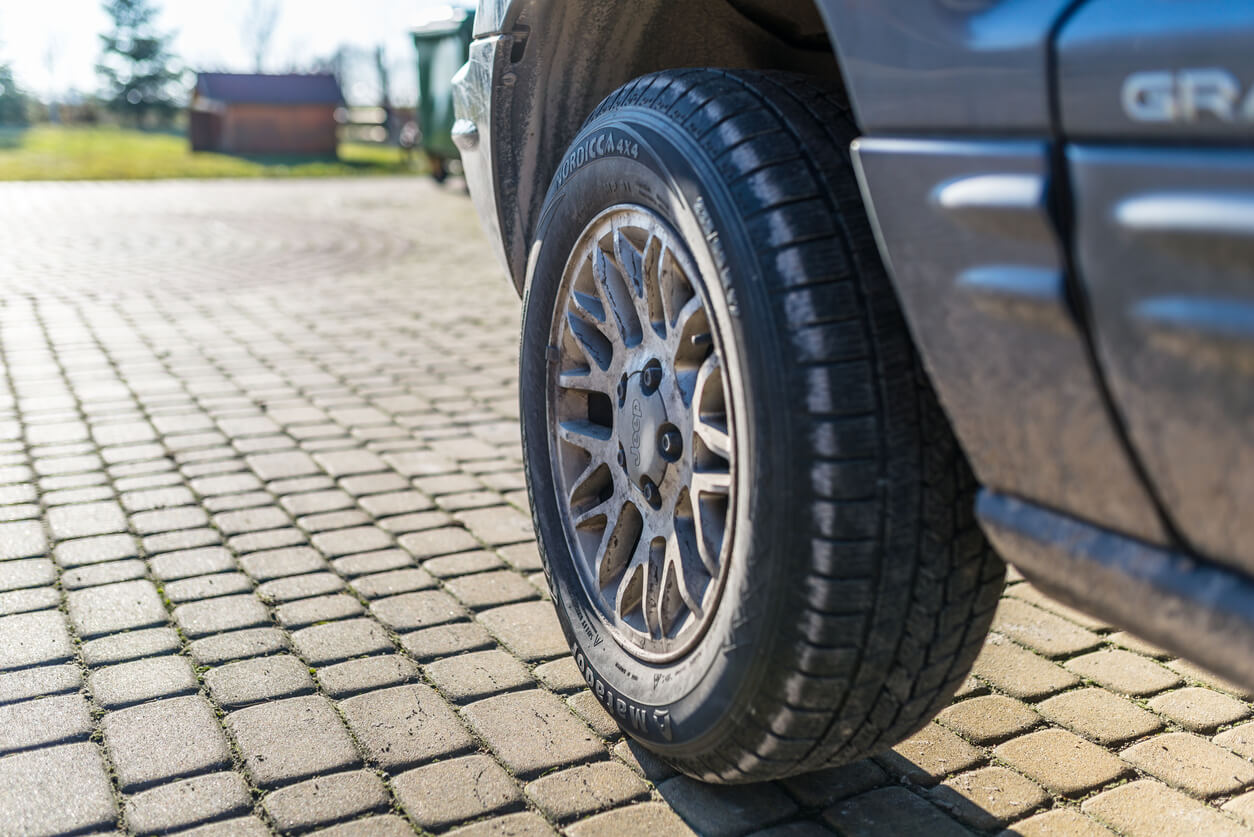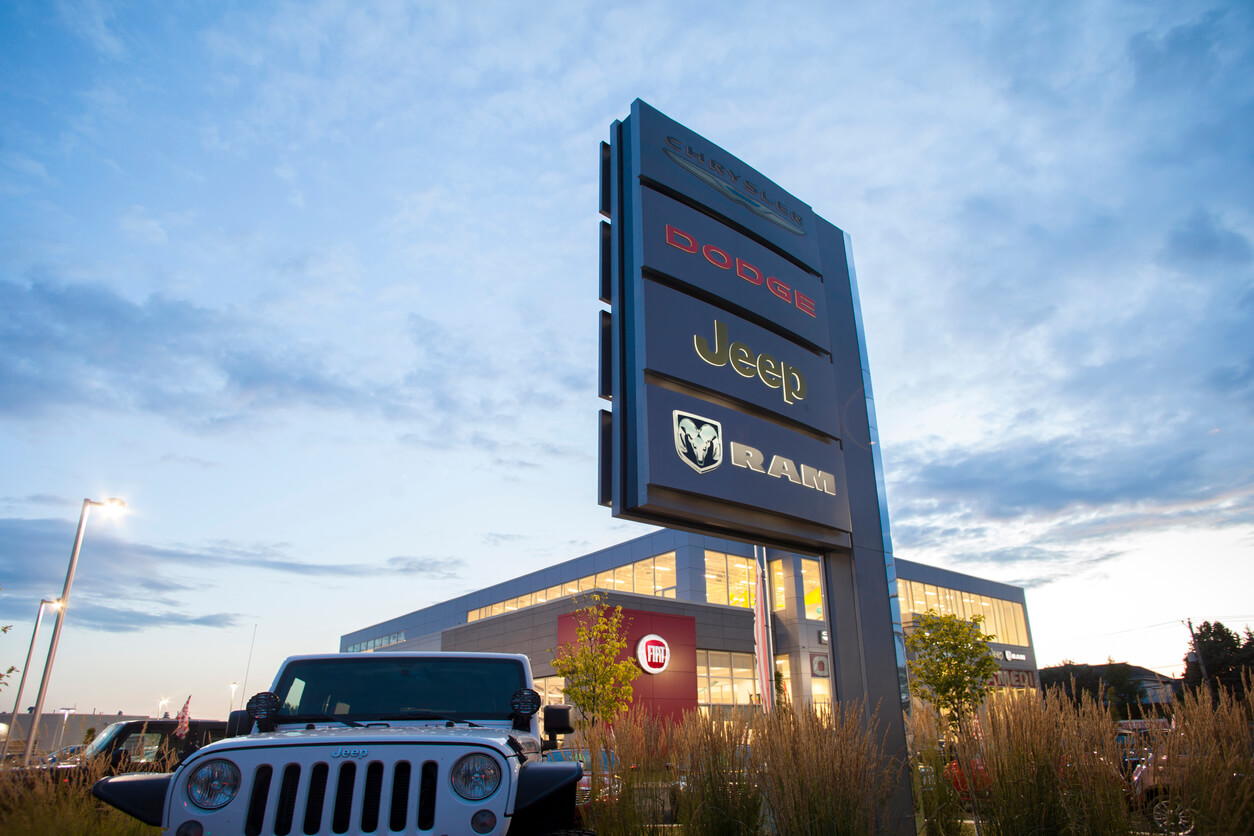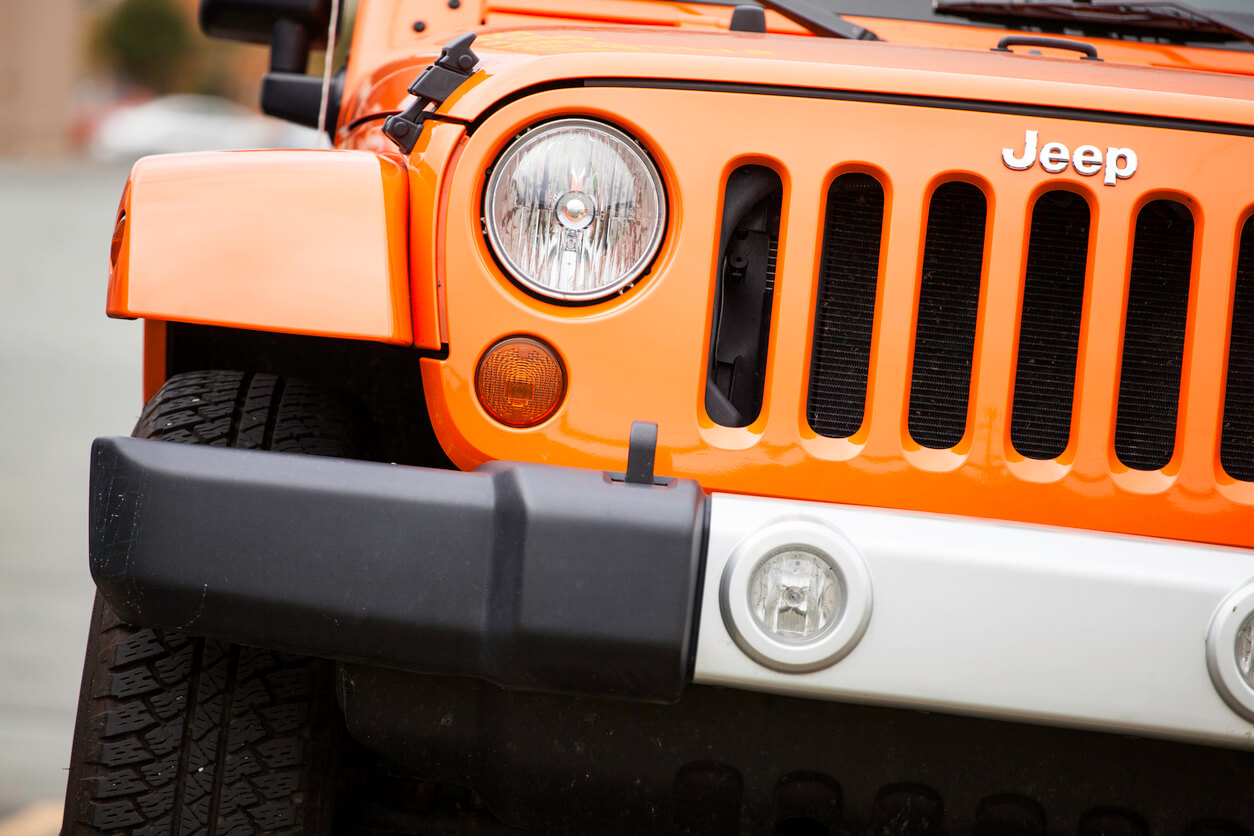Fiat Chrysler Automobiles are in the headlines once again. Despite producing highly-popular and comfortable vehicles, this company is always under discussion for faulty car equipment. The latest case includes the problematic water pumps of the Dodge Durango and Jeep Grand Cherokee. Let’s take a deeper look!
Drivers Highlighting Water Pump Problems
Customer comfort and quality products are the two main goals of large businesses. In a market, the credibility of any product declines when a massive audience experiences similar flaws. The consumers of FCA report some problems with the water pump. The specific models of Dodge and Jeep fail to gain customer satisfaction when the users experience burning smells from their car engines. Some people also indicate a decreased level of coolant after every few miles. This pump failure leads to overheating the car’s engine, ultimately forcing the owners to opt for a water pump replacement.
Models of Dodge and Jeep Having the Issue
Are you a fan of family-supportive minivans or off-roading favorites – Jeep? If you are the owner of one such car, you must be aware of the Jeep and Dodge water pump problems. According to the FCA’s service bulletin, models from 2013 to 2017 are having that problem. The Dodge Durango (WD) and the Jeep Grand Cherokee (WK and W2) models are confirmed to have water pump issues. Similarly, the company verifies the problem with the Jeep Grand Cherokee (W3) model from 2014 to 2017 in their Jeep technical service bulletin.
Cost of Water Pump Replacement from a Private Dealership
Continuous overheating of your car can lead to engine seizures. A smart person will definitely pay some extra bucks to replace the water pump instead of handing over the massive amount for engine repair on his automobile. The average cost of a Jeep or Dodge water pump replacement is $100. The owners considered the water pump failure to be a manufacturing flaw. Therefore, they demanded an extended warranty period and a free water pump replacement from FCA.
The Company Responded To the Problem with a Service Bulletin
To reimburse their users, the FCA issued a technical bulletin for the dealership to inspect and replace the 5.7L and 6.4L water pumps where needed. It also involves the announcement of a warranty period extension.
Indications That the Water Pump Needs Replacement
The marks that your car has a pump issue and needs substitutions were elaborated in the Jeep technical service bulletin. Water pump complications result from mechanical seal damage before time. The car engine cannot cool down on the pump damage, eventually leading to bearing failure. The bulletin mentioned two main symptoms of the Jeep and Dodge water pump problems:
- Bearing Noise: Arises from the mechanical wear of the seal.
- Coolant Leak: Results in overheating your car engine and causing engine damage or even seizure.
How to Professionally Recognize the Issue?
How will you detect water pump issues, and how will you find out the extent of the damage? The detailed procedure for determining the damaged water pump is a noticeable feature of the Jeep technical service bulletin. If the owner describes the signs mentioned in the above section, the automobile company asks the professionals to follow a simple diagnostic procedure.
To inspect the Jeep and Dodge water pump problem, open up the vehicle hood and examine the pump impairment as follows:
- Coolant Leakage: The service bulletin called for the dealership specialist to carefully observe the weep chamber to find any evidence of leakage. It might be in the form of wetness on the chamber (under the shaft behind the pulley) or in the form of pink deposits.
- Bearing Noise: Turn on the car engine and check for unusual bearing noise.
- Play in The Pulley: Note the looseness or wiggling of the water pump pulley. Detect the play in different directions to confirm the pump’s defacement.
The bulletin clearly mentioned that if the above-described problems are noticeable in under-discussion Dodge and Jeep variants, the dealer should go for a repair and replacement process. However, a further vehicle inspection is required if the mentioned symptoms are not recognized.
Replace the Damaged Water Pump
According to the service bulletin, the defaulted pump must be replaced if the damage is irreparable. Before starting the procedure, ensure your engine is turned off and cooled down properly. First, drain all the engine coolant, followed by removing the belt drive and chain (follow the procedure provided in DealerCONNECT). Remove the hose and old water pump by unscrewing the bolts. Detach the mechanical seal or gasket and examine the cooling system components like:
- Thermostat
- Coolant hoses
- Pressure cap(s)
Now, install the freshwater pump along with the gasket and apply a sealant (only if recommended). Rewind the procedure – fasten the bolts, attach the water hose, and fill the specific coolant in the cooling system again. Rotate the pump by hand and turn on the engine. Moreover, make sure there is no further leakage. Jeep and Dodge water pump problems can return in no time if that equipment is not installed accurately. Hence, replace the pump according to the procedure described earlier (per Jeep technical service bulletin).
Extended Warranty for Affected Customers
Large corporations are known for providing more incentives to the audience to retain their clients and preserve their reputation. FCA has expanded the warranty span to 7 years for water pump replacements on Jeep Grand Cherokee and Dodge Durango models. Furthermore, the company eases its users by removing all the Miles limits for water pump repair in their service bulletin. We must admit that this is a significant step toward resolving customer issues. The Jeep technical service bulletin is pertinent to the automobiles in these markets and countries: NAFTA, EMEA, APAC, and LATAM.
Bottom Line
Your automobile’s non-functional water pump can lead to massive crises. If you own any of these vehicles with water pump problems or a Tigershark engine, contact the Lemon Firm (833) because you may be eligible for reimbursement or financial compensation.



